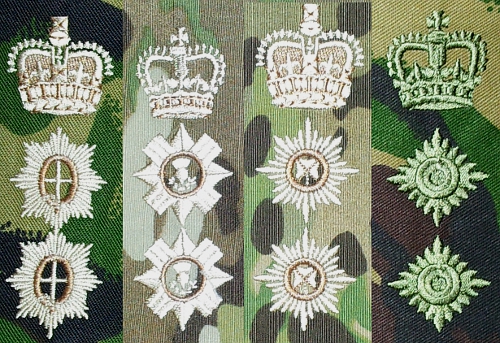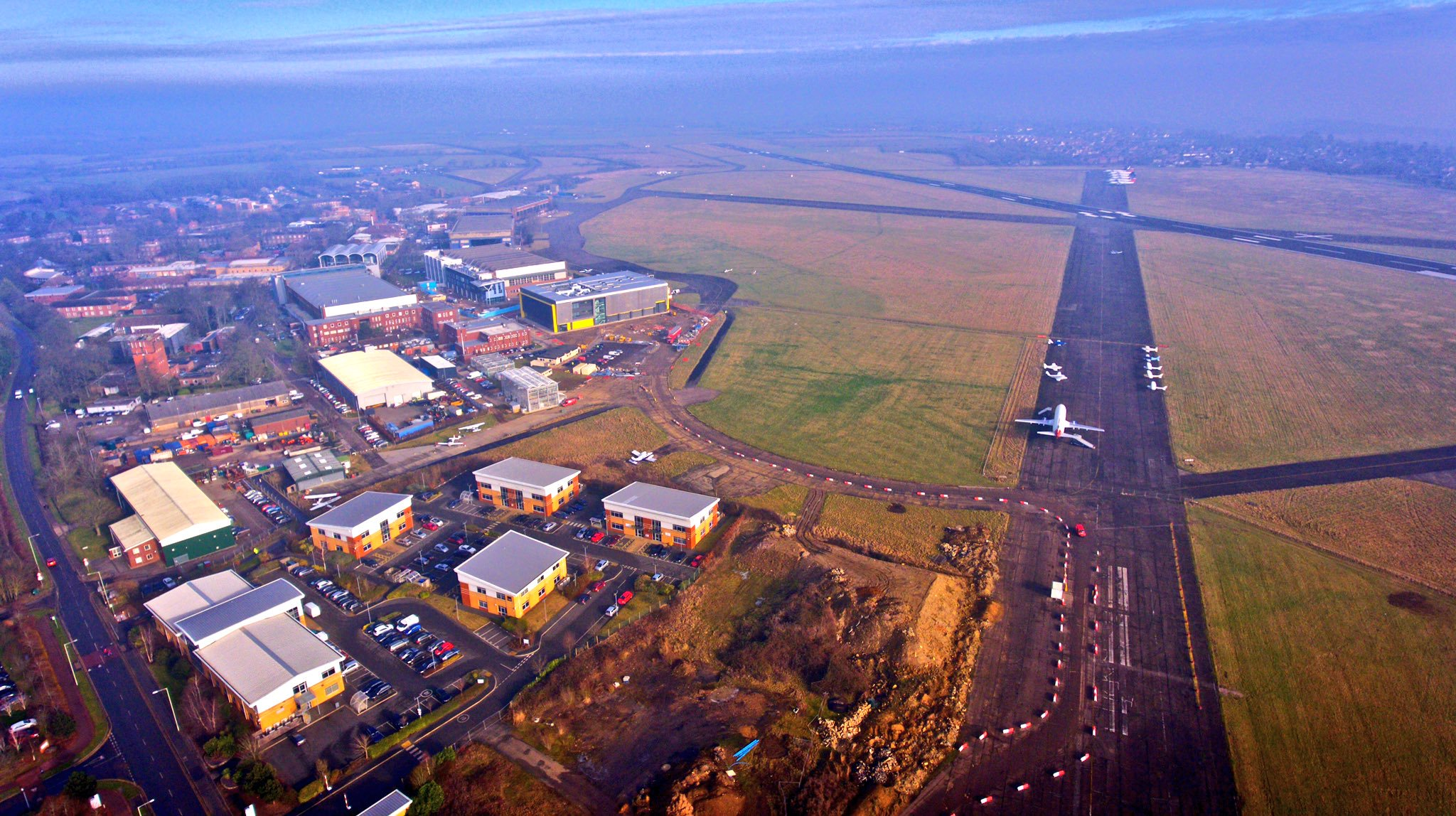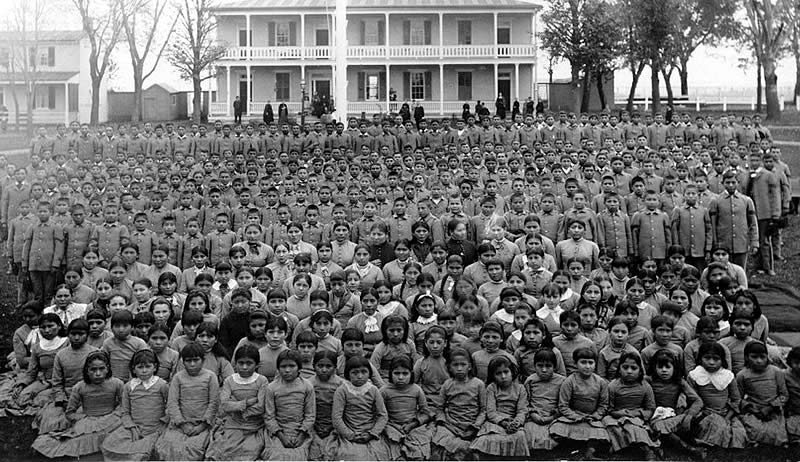|
Roland Walker
General Sir Charles Roland Vincent Walker (born 14 May 1970) is a senior British Army officer, who has served as Chief of the General Staff, the professional head of the British Army, since 15 June 2024. Walker previously served as Deputy Chief of the Defence Staff (Military Strategy and Operations) from April 2021 until June 2024. Early life and education Walker was born on 14 May 1970 in Nairobi, Kenya, to Patrick Walker and Daphne Walker (née Armour). His mother later married Frederick Conyngham, 7th Marquess Conyngham, in 1980. He was educated at the Dragon School, a private preparatory school in Oxford, and then at Harrow School, an all-boys independent boarding school in London. Sponsored by the British Army as a university cadetship officer, he studied at the Royal Agricultural College, graduating with a Bachelor of Science degree. He later studied at Cranfield University, graduating with a Master of Arts degree. Military career Walker was commissioned into the ... [...More Info...] [...Related Items...] OR: [Wikipedia] [Google] [Baidu] |
General (United Kingdom)
General (or full general to distinguish it from the lower general officer ranks) is the highest rank achievable by serving officers of the British Army and the Royal Marines. The rank can also be held by Royal Marines officers in tri-service posts, for example, Generals Sir Gordon Messenger and Gwyn Jenkins, Sir Gwyn Jenkins, former Vice-Chief of the Defence Staff (United Kingdom), Vice-Chiefs of the Defence Staff. It ranks above Lieutenant-general (United Kingdom), lieutenant-general and, in the Army, is subordinate to the rank of Field marshal (United Kingdom), field marshal, which is now only awarded as an honorary rank. The rank of general has a NATO-code of Ranks and insignia of NATO, OF-9, and is a four-star rank. It is equivalent to a Admiral (Royal Navy), full admiral in the Royal Navy or an air chief marshal in the Royal Air Force. Officers holding the ranks of Lieutenant-general (United Kingdom), lieutenant-general and Major-general (United Kingdom), major-general m ... [...More Info...] [...Related Items...] OR: [Wikipedia] [Google] [Baidu] |
Private Schools In The United Kingdom
In the United Kingdom, private schools (also called independent schools) are schools that require fees for admission and enrolment. Some have financial endowments, most are governed by a board of governors, and are owned by a mixture of corporations, trusts and private individuals. They are independent of many of the regulations and conditions that apply to State-funded schools (England), state-funded schools. For example, the schools do not have to follow the National Curriculum for England, although many such schools do. Historically, the term ''private school'' referred to a school in private ownership, in contrast to an Financial endowment, endowed school subject to a trust or of charitable status. Many of the older independent schools catering for the 13–18 age range in England and Wales are known as Public school (United Kingdom), public schools, seven of which were the subject of the Public Schools Act 1868. The term ''public school'' meant they were then open to pupils ... [...More Info...] [...Related Items...] OR: [Wikipedia] [Google] [Baidu] |
Who's Who 2021
''Who's Who'' is a reference work. It has been published annually in the form of a hardback book since 1849, and has been published online since 1999. It has also been published on CD-ROM. It lists, and gives information on, people from around the world who influence British life. Entries include notable figures from government, politics, academia, business, sport and the arts. ''Who's Who 2023'' is the 175th edition and includes more than 33,000 people. In 2004, the book was described as the United Kingdom's most prominent work of biographical reference. The book is the original ''Who's Who'' book and "the pioneer work of its type". The book is an origin of the expression "who's who" used in a wider sense. History ''Who's Who'' has been published since 1849."More about Who's Who" OUP. When book publisher |
Irish Guards
The Irish Guards (IG) is one of the Foot guards#United Kingdom, Foot Guards regiments of the British Army and is part of the Guards Division. Together with the Royal Irish Regiment (1992), Royal Irish Regiment, it is one of the two Irish infantry regiments in the British Army. The regiment has participated in campaigns in the World War I, First World War, the World War II, Second World War, the Iraq War and the War in Afghanistan (2001–2021), War in Afghanistan as well as numerous other operations throughout its history. The Irish Guards claim six Victoria Cross recipients, four from the First World War and two from the Second World War. History The Irish Guards were formed on 1 April 1900 by order of Queen Victoria to commemorate the Irishmen who fought in the Second Boer War for the British Empire.Irish Guards Re ... [...More Info...] [...Related Items...] OR: [Wikipedia] [Google] [Baidu] |
Lieutenant (British Army And Royal Marines)
Lieutenant (; Lt) is a junior officer rank in the British Army and Royal Marines. It ranks above second lieutenant and below captain and has a NATO ranking code of OF-1 and it is the senior subaltern rank. Unlike some armed forces which use first lieutenant, the British rank is simply lieutenant, with no ordinal attached. The rank is equivalent to that of a flying officer in the Royal Air Force (RAF). Although formerly considered senior to a Royal Navy (RN) sub-lieutenant, the British Army and Royal Navy ranks of lieutenant and sub-lieutenant are now considered to be of equivalent status. The Army rank of lieutenant has always been junior to the Navy's rank of lieutenant. Usage In the 21st-century British Army, the rank is ordinarily held for up to three years. A typical appointment for a lieutenant might be the command of a platoon or troop of approximately thirty soldiers. Before 1871, when the whole British Army switched to using the current rank of "lieutenant", th ... [...More Info...] [...Related Items...] OR: [Wikipedia] [Google] [Baidu] |
Guards Division
The Guards Division was an administrative unit of the British Army responsible for the training and administration of the regiments of Foot Guards and the London Guards reserve battalion. The Guards Division was responsible for providing two battalions for public duties to London District (plus three incremental companies); although the guards are most associated with ceremony, they are nevertheless operational infantry battalions, and as such perform all the various roles of infantry. In 2022, the Guards Division was renamed as the Guards and Parachute Division. Current units As of 2020, units comprised the Guards Division Headquarters, at Wellington Barracks, Westminster: Guards battalions: * 1st Battalion, Grenadier Guards * 1st Battalion, Coldstream Guards * 1st Battalion, Scots Guards * 1st Battalion, Irish Guards * 1st Battalion, Welsh Guards * 1st Battalion, London Guards (Reserve) ** Ypres Company, Grenadier Guards, in Kingston upon Thames ** No 17 Company, C ... [...More Info...] [...Related Items...] OR: [Wikipedia] [Google] [Baidu] |
Master Of Arts
A Master of Arts ( or ''Artium Magister''; abbreviated MA or AM) is the holder of a master's degree awarded by universities in many countries. The degree is usually contrasted with that of Master of Science. Those admitted to the degree have typically studied subjects within the scope of the humanities and social sciences, such as history, literature, languages, linguistics, public administration, political science, communication studies, law or diplomacy; however, different universities have different conventions and may also offer the degree for fields typically considered within the natural sciences and mathematics. The degree can be conferred in respect of completing courses and passing examinations, research, or a combination of the two. The degree of Master of Arts traces its origins to the teaching license or of the University of Paris, designed to produce "masters" who were graduate teachers of their subjects. Europe Czech Republic and Slovakia Like all EU membe ... [...More Info...] [...Related Items...] OR: [Wikipedia] [Google] [Baidu] |
Cranfield University
Cranfield University is a postgraduate-only public research university in the United Kingdom that specialises in science, engineering, design, technology and management. Cranfield was founded as the College of Aeronautics (CoA) in 1946. Through the 1950s and 1960s, the development of aircraft research led to growth and diversification into other areas such as manufacturing and management, and in 1967, to the founding of the Cranfield School of Management. In 1969, the College of Aeronautics was renamed the Cranfield Institute of Technology, was incorporated by royal charter, gained degree awarding powers, and became a university. In 1993, it adopted its current name. Cranfield University has two campuses: the main campus is at Cranfield, Bedfordshire, and the second is at the Defence Academy of the United Kingdom at Shrivenham, southwest Oxfordshire. The main campus is unique in the United Kingdom (and Europe) for having its own airportCranfield Airport and its own aircraft ... [...More Info...] [...Related Items...] OR: [Wikipedia] [Google] [Baidu] |
Bachelor Of Science
A Bachelor of Science (BS, BSc, B.S., B.Sc., SB, or ScB; from the Latin ') is a bachelor's degree that is awarded for programs that generally last three to five years. The first university to admit a student to the degree of Bachelor of Science was the University of London in 1860. In the United States, the Lawrence Scientific School first conferred the degree in 1851, followed by the University of Michigan in 1855. Nathaniel Shaler, who was Harvard's Dean of Sciences, wrote in a private letter that "the degree of Bachelor of Science came to be introduced into our system through the influence of Louis Agassiz, who had much to do in shaping the plans of this School." Whether Bachelor of Science or Bachelor of Arts degrees are awarded in particular subjects varies between universities. For example, an economics student may graduate as a Bachelor of Arts in one university but as a Bachelor of Science in another, and occasionally, both options are offered. Some universities follo ... [...More Info...] [...Related Items...] OR: [Wikipedia] [Google] [Baidu] |
Cadet
A cadet is a student or trainee within various organisations, primarily in military contexts where individuals undergo training to become commissioned officers. However, several civilian organisations, including civil aviation groups, maritime organisations, and police services, also designate their trainees as cadets. Armed forces In several military services, cadets, flight cadets, officer cadets, and gentleman/lady cadets may refer to recruits and students that are undergoing military training to become commissioned officers. The specific rank structure and responsibilities of cadets can vary among different military organisations. Australia In Australia, a cadet is an officer in training. The official rank is Officer Cadet (OCDT for members of the Australian Regular Army and OFFCDT for members of the Royal Australian Air Force), but OCDTs in the Royal Military College–Duntroon are referred to as ''staff cadet'' (Scdt) for historical reasons. Austria-Hungary In Austr ... [...More Info...] [...Related Items...] OR: [Wikipedia] [Google] [Baidu] |
Boarding School
A boarding school is a school where pupils live within premises while being given formal instruction. The word "boarding" is used in the sense of "room and board", i.e. lodging and meals. They have existed for many centuries, and now extend across many countries. Their functioning, codes of conduct, and ethos vary greatly. Children in boarding schools study and live during the school year with their fellow students and possibly teachers or administrators. Some boarding schools also have day students who attend the institution during the day and return home in the evenings. Boarding school pupils are typically referred to as "boarders". Children may be sent for one to twelve years or more in boarding school, until the age of eighteen. There are several types of boarders depending on the intervals at which they visit their family. Full-term boarders visit their homes at the end of an academic year, semester boarders visit their homes at the end of an academic term, weekly boarders ... [...More Info...] [...Related Items...] OR: [Wikipedia] [Google] [Baidu] |






